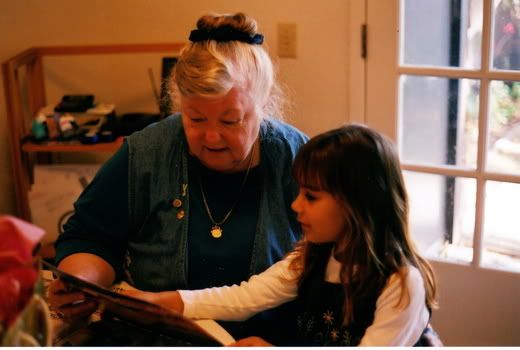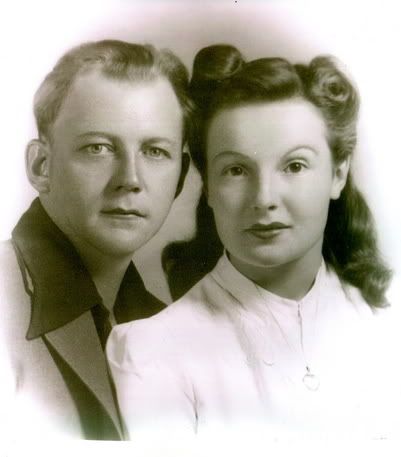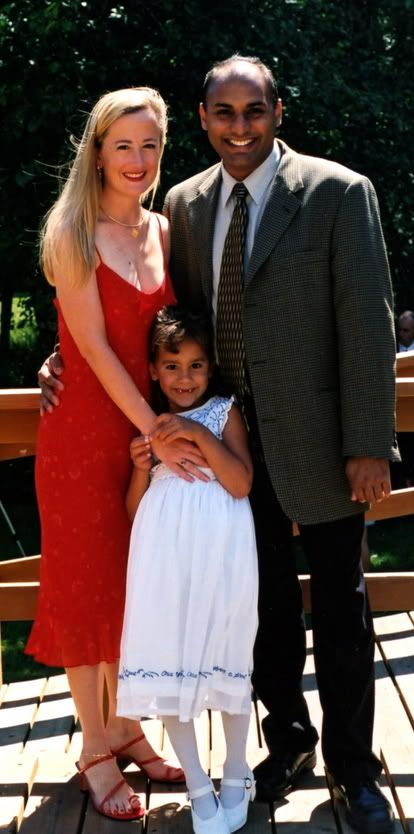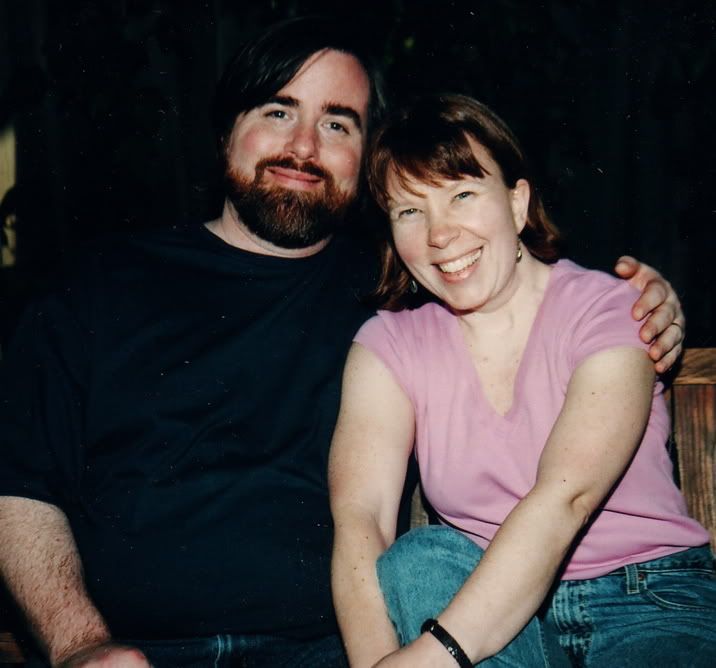 I was thinking, after yesterday's post, about how we discover the nature of things. Particularly the nature of the young child. I used to wonder how it was possible for my great-grandfather, who was a math professor, to be so unobservant as to misunderstand infant dependence for selfishness. To think that the crying new born even knew that her mother was exhausted in the next room.
I was thinking, after yesterday's post, about how we discover the nature of things. Particularly the nature of the young child. I used to wonder how it was possible for my great-grandfather, who was a math professor, to be so unobservant as to misunderstand infant dependence for selfishness. To think that the crying new born even knew that her mother was exhausted in the next room.And I can now see, with knowing that the idea was not original with him*, but rather a part of the dogma of his ancestors' religion, how that came to pass. Because, when you start out, as anyone before the age of science pretty well did, with a belief that God has already given you the answer to this, you see the events in the world in that frame. The baby whose crying deprives his mother of sleep is seen to prove that babies are selfish and the idea that the baby only knows she is hungry and has no way to feed herself or ask politely will not occur.
But, when you have science, you observe the events without the frame, and you can see more clearly. Maria Montessori, who was the first woman physician in Italy, studied children as part of her internship**. She watched them with as little a priori theory as she could. As she developed materials, if the children did not learn from them as intended, she did not blame the children but changed the materials or the method. She gathered a great deal of new information about the way children learn.
 Jean Piaget was a student in a Montessori school when he was young. Later he wrote a paper on marine biology that was so impressive the society to which he had submitted it invited him to present it. He wrote to decline, because the meeting was being held past his bedtime; he was only 8.
Jean Piaget was a student in a Montessori school when he was young. Later he wrote a paper on marine biology that was so impressive the society to which he had submitted it invited him to present it. He wrote to decline, because the meeting was being held past his bedtime; he was only 8.It is no wonder that Jean Piaget revolutionized the study of young children. Where Montessori had studied three year olds, Piaget studied his own children from birth. He watched them, he played games with them to see at what age they could perform certain mental tasks.*** Like Montessori, he looked at them with an eye as free from preconception as it was possible for him to have. He became, not only a developmental psychologist, but also a Montessori teacher. Any students who worked with him had to take Montessori training before they began. As a Montessori teacher, one of my major tasks was to sit and observe the classroom when the children were busy. It is that observing with as little prejudice as possible that leads to new knowledge.
* It wasn't just the idea -- when I read Fischer's book, the example he used and the words were exactly what had been quoted to me from Great-grandfather Upton.
**Because of her gender, she was assigned to work with feeble minded children. That work led her to further develop educational tools for them, some the creation of others, some her own. When her impaired students tested out at age level with normal Italian children, the authorities in both medicine and education were impressed with what a great job she had done. Montessori was appalled that normal children were being so poorly taught that her students could do as well as they did and went on to apply the materials and methods she had used with six year olds to normal three year olds. Montessori approached this work in a new way partially because, before she studied medicine, she studied engineering. How lucky for children that her father indulged her intellectual curiosity.
***It was Piaget's work that showed that one reason babies demand to be fed right now is that they have no sense of time. Now is all there is. When a baby is hungry, he is starving to death, he has always been starving to death, and he will always be starving to death. When the baby can wait the few moments his mother needs to pick him up and feed him, he has learned about time.
Portrait of Jean Piaget courtesy of Robert Kovsky; Maria Montessori courtesy of Edith Stein. This is my favorite picture of Montessori; it shows her as the young woman who was sent to speak to the issue of women's suffrage in Italy. She was chosen because feminists were, then as now, dismissed as ugly women who couldn't find husbands. Montessori so obviously was not.






















































